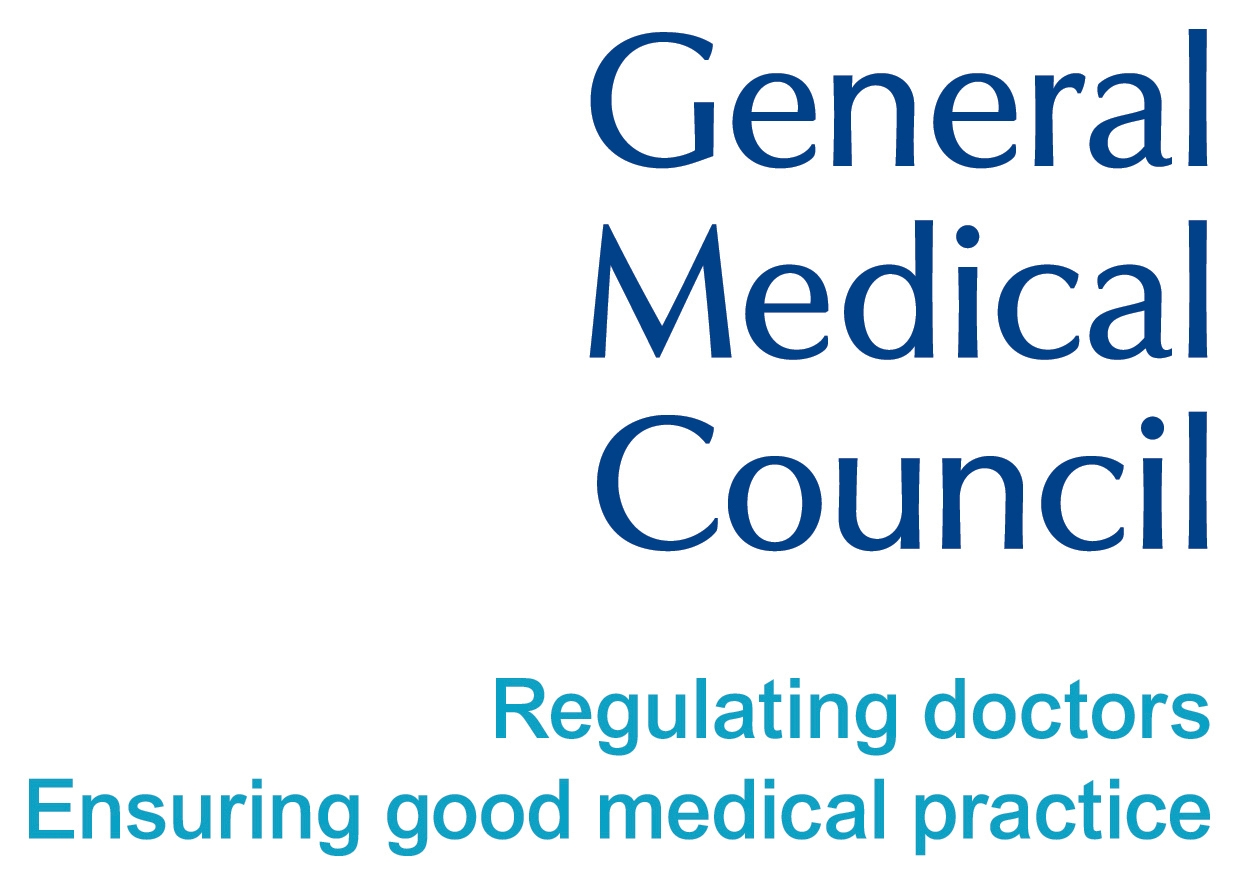Platinum Full Body MOT – Men
Advanced Diagnostic Protocol
Clinical Significance
The ultimate men's health screening. Our Platinum Full Body MOT for Men combines everything in our Advanced package with two critical male-specific markers: PSA (prostate cancer screening) and NT-proBNP (cardiac stress). This executive health check is designed for men who want complete physiological transparency—covering prostate health, heart function, vitamins, and full metabolic assessment.
Clinical Context
Potency issues are often the first sign of vascular or endocrine imbalance. This protocol includes full lipid profiling and testosterone mapping to ensure we address the root cause, not just the symptom.

Led by Nurse Luciana
Expert blood draws and comprehensive written reports for every protocol.
Biomarker Blueprint
Clinical Measurements
Full Blood Count
Kidney Function
Liver Function
Bone Markers
Metabolic
Lipid Profile
Iron Studies
Thyroid Function
Vitamins
Male Cancer & Cardiac Markers
Clinical Inquiries
Q. Why is PSA testing important for men?
PSA (Prostate Specific Antigen) is the primary screening marker for prostate cancer—the most common cancer in UK men. Our test measures total PSA and establishes your personal baseline. Men over 50 (or 45 with family history) should test annually.
Q. What does the cardiac stress marker (NT-proBNP) show?
NT-proBNP is released when the heart is under strain. Elevated levels can indicate early heart failure, hypertension, or cardiac stress—often before symptoms appear. This marker provides crucial insight into cardiovascular health beyond standard cholesterol testing.
Q. Can I add testosterone testing to this package?
Yes. If you're interested in hormonal health screening (testosterone, SHBG, free testosterone), we offer a dedicated Male Hormonal Health Screening package that can be booked separately for comprehensive endocrine assessment.
Clinical Protocol
A 10-12 hour fast is mandatory. Only water is permitted during the fasting period. Avoid strenuous exercise for 24 hours prior. Stay well-hydrated for optimal blood draw.
- Comprehensive Medical & Lifestyle Questionnaire
- Height
- Weight
- Body Mass Index (BMI)
Painless Blood Draws by Nurse Luciana
Platinum Full Body MOT for Men – Complete Male Health Screening
The Platinum Full Body MOT for Men is our most comprehensive male health screening, combining our Advanced MOT with PSA (prostate cancer marker) and NT-proBNP (cardiac stress marker). This executive health check provides complete insight into prostate health, cardiovascular function, vitamins, and metabolic wellness.
What's Included
- Everything in Advanced MOT (40+ markers)
- PSA – Prostate Specific Antigen
- NT-proBNP – Cardiac Stress Marker
- Vitamin D, B12 & Folate
- Complete Lipid Profile with Ratios
- Full Thyroid & Metabolic Panel
Not Included (Upgrade Available)
- —Inflammation Markers (CRP)
- —Hormonal Panel (Testosterone, SHBG)
- —Female-specific markers (CA-125)
Who Is This Test For?
- Men over 40 seeking comprehensive screening
- Those with family history of prostate or heart disease
- Executives wanting complete health transparency
- Men wanting prostate and cardiac screening
- Anyone seeking thorough annual health assessment
"Our Platinum Full Body MOT – Men provides the comprehensive insight you need to take control of your health. Every biomarker is carefully analysed and results are reviewed by our clinical team."
Nurse Luciana, Lead Clinical Nurse
Same-day appointments available in South Kensington
You may also be interested in
Clinical Testimonials.
"Luciana the Brazilian nurse is the best!! Very kind and super efficient, she managed to get my blood very smoothly and I had the best experience. I really recommend going there and asking for her."
"Great experience at South Kensington Medical and Dental Clinic. Kind staff, quick appointment, and very fast results. Everything was smooth and stress-free. Highly recommend!"
"I was really impressed by the whole experience at South Kensington MD. Booking and engagement were seamless, with no tedious manual forms to fill in. The staff were friendly and welcoming throughout."



